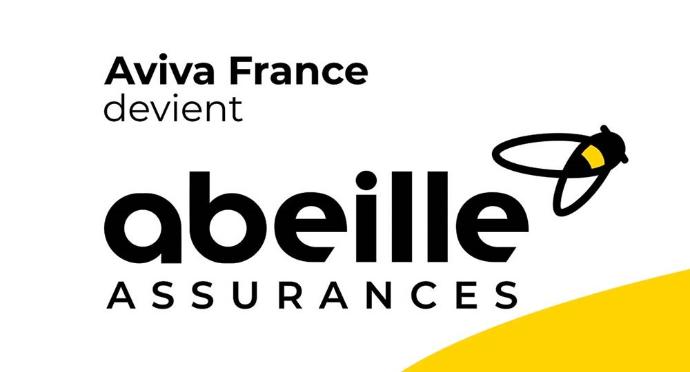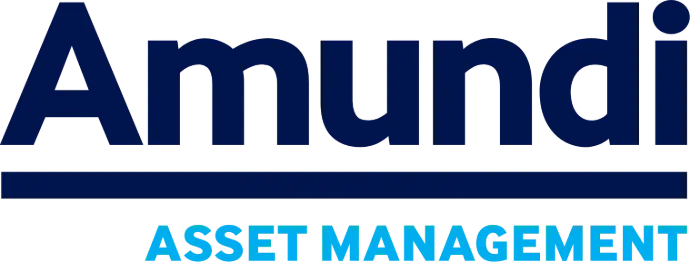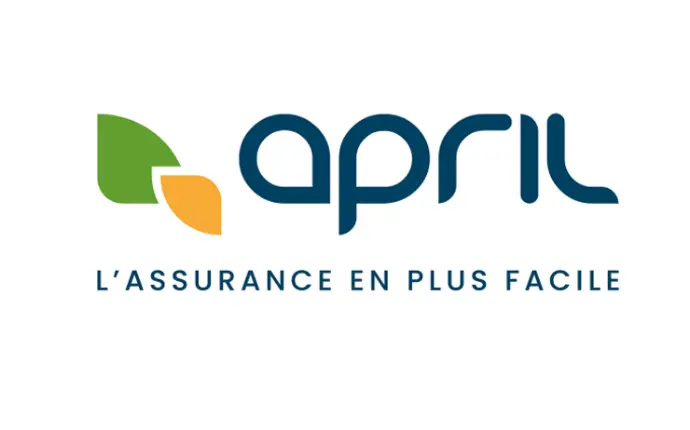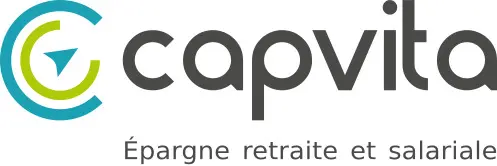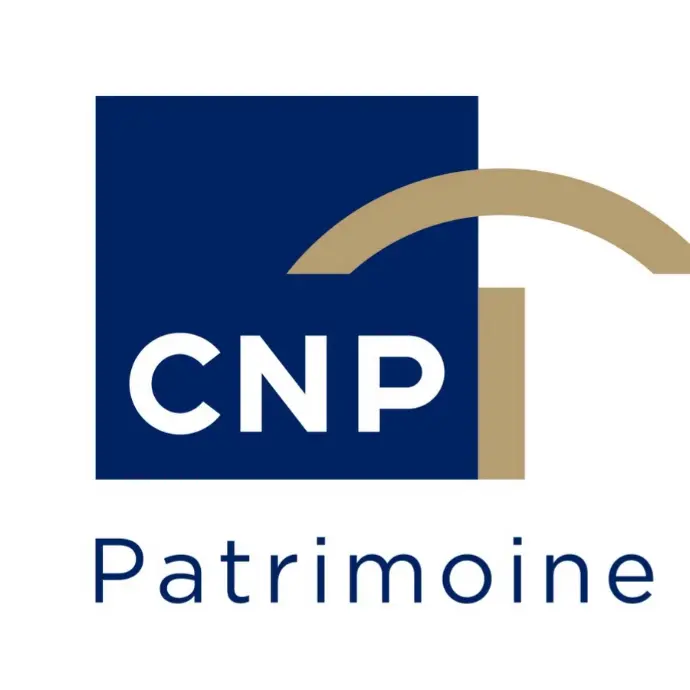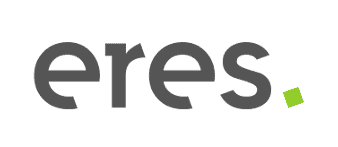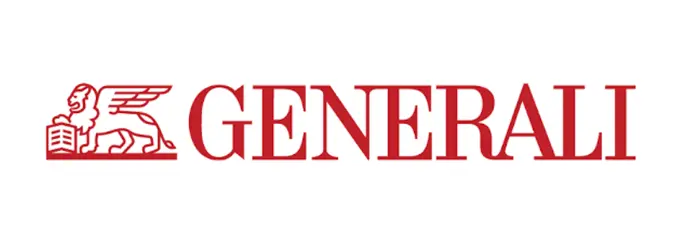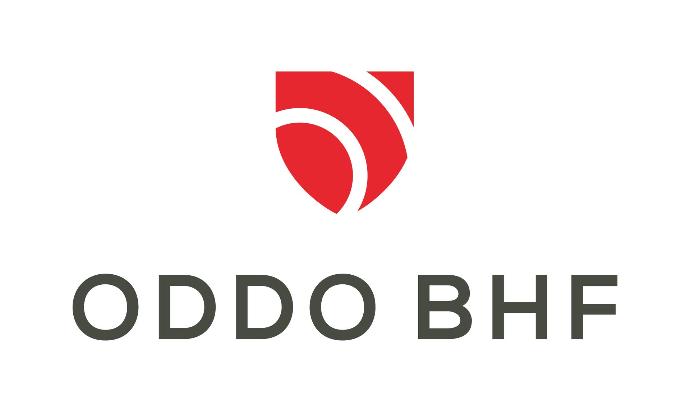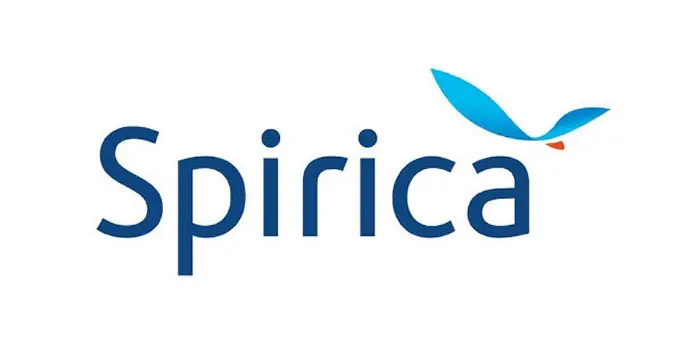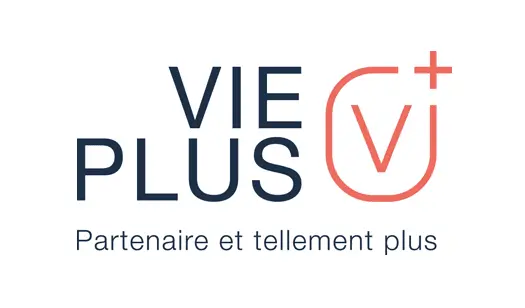Financial Investment
Tax Reduction and Retirement
-
Article 154 bis Retirement Savings Plan: Similar to Article 163, available only to self-employed workers with different contribution deductibility limits.
-
Article 163 Retirement Savings Plan: For employees and self-employed, allowing tax-deductible contributions for retirement preparation, with funds accessible only after retirement (except under specific conditions).
- Innovation Mutual Funds (FCPI): Innovation Mutual Funds are collective investment vehicles in stocks, convertible bonds, and current accounts of innovative SMEs. Subject to a holding period and within a certain limit, they allow for a tax reduction ranging from 18% to 30% (subject to conditions, with the rate periodically reviewed). These unlisted assets are notably found in Private Equity, via a CTO, a PEA, a PEA-PME (depending on the fund's eligibility), or within a life insurance solution.
- FIP: les Fonds d’Investissement de Proximité revêtent le même principe que les FCPI à la différence que les fonds sont majoritairement investis dans des PME régionales obéissant à certains critères (CA, bilan, âge, taille des effectifs).
- Dispositif Midy: Conçu pour soutenir les investissements dans les jeunes entreprises d’innovation et de croissance (JEIC, entreprises de moins de 8 ans réalisant des dépenses en R&D représentant au moins 5% à 15% de leurs charges totales déductibles) et les jeunes entreprises d’innovation et de rupture (JEIR, entreprises de moins de 12 ans qui doivent consacrer au moins 30% de leurs charges à la R&D). Il permet aux investisseurs de bénéficier d’une réduction d’impôts de respectivement 30% et 50%, dans la limite de certains plafonds. L’excédent de versement annuel est reportable pendant 4 ans mais l’excédent de réduction d’impôts est perdu. Ce dispositif ne rentre pas dans le plafonnement des niches fiscales de 10.000€. Il fait partie du dispositif IR PME, n’est pas éligible au PEA / PEA-PME et s’applique aux versements effectués jusqu’à fin 2028.
- Foncière solidaire (ou organisme foncier solidaire): SCI gérant des actifs immobiliers afin de les mettre à disposition de personnes aux revenus modestes via un bail réel solidaire (dissociation entre le foncier, propriété de la SCI, et le bâti, détenu par le preneur du bail). Elle doit disposer d’un agrément Entreprise Solidaire d’Utilité Sociale (ESUS) et d’un mandat de Service d’Intérêt Économique Général (SIEG) afin de réaliser une augmentation de capital via une émission de nouvelles actions souscrites par des investisseurs particuliers. Au titre du dispositif IR-PME, elles offrent une réduction d’impôts de 25% (prolongée jusqu’au 31 décembre 2025), dans la limite d’un certain plafond, pour les contribuables personnes physiques (uniquement) ainsi qu’une exonération d’Impôt sur la Fortune Immobilière (IFI). La fraction excédentaire de l’investissement peut être reportée sur les quatre années suivantes et les titres doivent être conservés pendant sept ans minimum afin de conserver l’avantage fiscal associé.
- SOFICA:
French tax incentive for investments in the film and audiovisual industry, offering tax reductions between 30% and 46%.
- Forest Investment Groups (GFI):
A specific type of civil company focused on investment in the forestry sector aims to acquire wooded or reforestation lands. This type of investment can be made either by subscribing to shares of forestry groups or forestry savings companies, or directly. Such an investment allows for a tax reduction within certain limits and requires a longer holding period for direct investments. The sale of shares is subject to the capital gains tax regime for individuals. The shares also benefit from an exemption from the Wealth Tax (IFI) up to a certain limit, as well as exemptions from inheritance and gift taxes under certain conditions.
- Groupement Foncier Forestier (GFF):
A special type of civil company subject to the fiscal transparency regime (income is taxed at the partner level), with asset management, administrative, and financial management entrusted to a manager, who can be either a third party or one of the partners. The company's activities focus on the management, exploitation, and conservation of forested areas. By purchasing shares, each investor becomes an owner of part of the group's assets and receives a proportionate share of the income generated from the exploitation of these assets. This investment qualifies for attractive tax regimes (within certain limits), characterized by tax reductions and exemptions from gift duties under certain conditions.
- Viticultural Investment Groups (GFV): A non-operating civil company enables partners, whose contributions finance the acquisition, to collectively own a vineyard estate managed by an operator. The capital is divided into shares subscribed by individual partners. The annual income, after deducting management fees and taxes, can be received in cash or in kind, in the form of wine bottles valued at production cost. This income is considered rental income, taxed under the micro-property regime or the actual regime. The capital gains generated are subject to the real estate capital gains regime. The shares held are exempt from Wealth Tax (IFI) up to a certain limit. In the event of inheritance or donation, the shares are exempt from duties under certain conditions.
Savings and Investment
-
Assurance-vie:
dispositif d'épargne incontournable en France, qui permet d’investir sur les marchés financiers en bénéficiant d’une fiscalité avantageuse (notamment en matière de transmission) et d’un fonctionnement flexible en termes de disponibilité des fonds. Accessible
à partir de 250.000€, sa version luxembourgeoise est identique en termes de fonctionnement
et de fiscalité, tout en bénéficiant de garanties (Super-privilège, Triangle de
sécurité, ségrégation des fonds, affranchissement vis-à-vis de la loi Sapin II,
neutralité fiscale) et d’une gestion (Fonds d’Assurance Spécialisés et Fonds Internes
Dédiés) qui lui sont propres.
- Contrat de capitalisation: dispositif similaire à un contrat d'assurance-vie dans son fonctionnement et sa flexibilité, avec cependant des particularités notables en matière de souscription, de démembrement et de dénouement. Accessible à partir de 250.000€, sa version luxembourgeoise est identique en termes de fonctionnement et de fiscalité, tout en bénéficiant de garanties (Super-privilège, Triangle de sécurité, ségrégation des fonds, affranchissement vis-à-vis de la loi Sapin II, neutralité fiscale) et d’une gestion (Fonds d’Assurance Spécialisés et Fonds Internes Dédiés) qui lui sont propres.
- Crédit Lombard (ou crédit nanti): crédit garanti par des actifs financiers (CTO, PEA, assurance-vie, contrat de capitalisation) déposés par toute personne physique ou société patrimoniale auprès d’une Banque Privée ou d’une compagnie d’assurance. Ce dispositif permet d’obtenir des liquidités sans avoir à se départir de ses actifs existants, ainsi que de bénéficier de conditions plus souple qu’un crédit classique (assurance décès non obligatoire, crédit remboursable in fine). Permet de conserver tous les avantages attachés aux actifs (fiscalité dégressive liée à la durée d’un contrat d’assurance vie par exemple). S’apparente à un prêt-relais, en tenant compte de la vente prochaine d'un autre actif qui permettra de solder le prêt en une seule fois à l'échéance.
- Compte à terme: compte d'épargne qui permet de dégager des intérêts en contrepartie de l'indisponibilité des fonds placés pendant une certaine durée. Il peut être souscrit pour une durée déterminée ou renouvelable.
- Plan Épargne Avenir Climat (PEAC): initié par la loi Industrie Verte, le PEAC est un produit d’épargne individuel et exclusif aux moins de 21 ans. Il se différencie des livrets d’épargne réglementés (Livret A, LDDS) avec rémunération fixe décidée par les pouvoirs publics. Similaire à un PEA ou à un PER en permettant d’investir sur des unités de compte, le PEAC est automatiquement clôturé lorsque le titulaire atteint l’âge de 30 ans et est plafonné à 22.950€. Selon son ouverture auprès d’une banque ou d’un assureur, il prendra la forme d’un compte titres ou d’un contrat de capitalisation. Les fonds sont bloqués jusqu’aux 18 ans du titulaire, tout en respectant une période de blocage minimum de cinq ans. À cette issue et jusqu’à sa clôture automatique aux 30 ans du titulaire, un retrait partiel est possible à tout moment, mais interdisant tout nouveau versement ultérieur. Les plus-values réalisées sont exonérées d’impôt sur le revenu et de prélèvements sociaux.
Employee Savings
-
Enterprise Savings Plan (PEE):
A collective savings product that allows employees and managers of small businesses to purchase securities with the assistance of the company. The funds are inaccessible for at least five years, except in exceptional cases. It can be implemented at the company level, within a group of companies (Group Savings Plan, PEG), or among several companies not belonging to the same group (Intercompany Savings Plan, PEI). It must be open to all employees and can be retained in the event of contract termination, subject to certain conditions. Voluntary contributions are capped, except in exceptional cases. It can be supplemented by additional company contributions, known as matching contributions, within a certain limit. The company can also contribute in the absence of employee contributions.
- Company Retirement Savings Plan (PERECO): An optional company savings product that allows all employees of a company and managers of small businesses to build up supplementary retirement savings. The invested amounts are paid out upon retirement. Withdrawal options vary depending on the compartment (individual, collective, or mandatory). Each compartment has specific tax and social contribution rules. Early withdrawal for the purchase of a primary residence is only applicable to savings from voluntary or collective contributions. The amounts contributed are exempt from social security contributions but subject to CSG and CRDS based on earned income.
Portfolio Management of Securities
-
Equity Savings Plan (PEA): A regulated savings product with a cap of €150,000, offering access to European company shares, ETFs, and investment funds with favorable tax conditions.
-
PEA-PME: Adds an additional €75,000 to the initial PEA cap, targeting small and medium-sized enterprises (SMEs).
-
Ordinary Securities Account (CTO): Offers a broader investment scope (international shares, bonds, ETFs, investment funds, derivatives, commodities) without a cap and no tax benefits.
Our Partners
